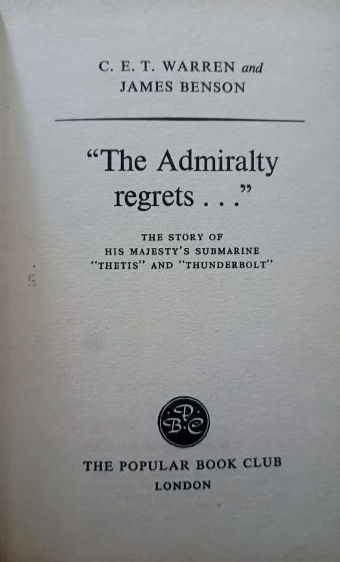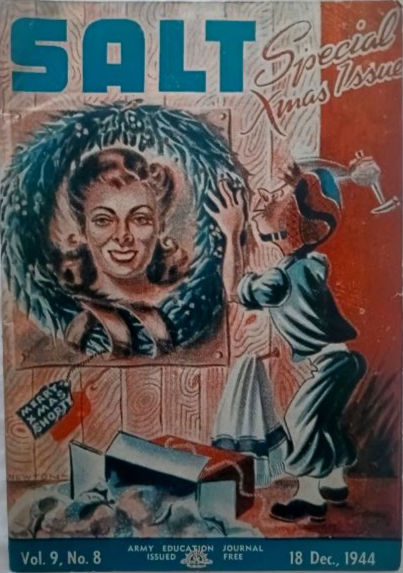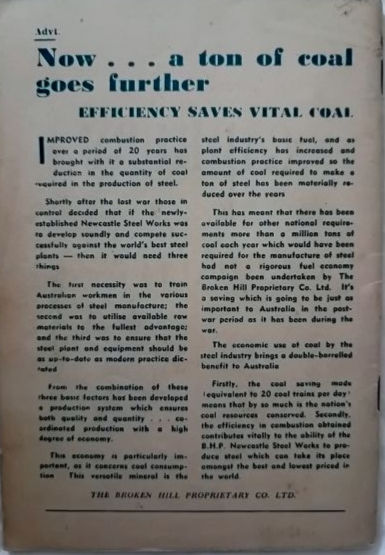Chechnya: Tombstone of Russian Power (1999) By Anatol Lieven
Anatol Lieven has written a book of great importance for understanding not just the Chechen conflict but the entire course of post-Soviet politics. Chechnya is really three books: one about the war, one about the collapse of the Russian state, and one about the creation of the modern Chechen nation. All are excellent.
Lieven takes the Russian defeat in Chechnya as symptomatic of the great failure of the Russian state and society as well as of the weakness of modern Russian national identity. He calls the clash "epochal in its implications between two utterly different nations" (p. 4): "It is rather as if the entire Vietnam war had been restricted to the province of Hue--and the Americans had still been beaten" (p. 5). Although it is much easier now to speak of the bankruptcy of Russian reform, Lieven wrote this book before the collapse, and in my opinion, was right on target in emphasizing the importance of the Chechen war for what it told us about Russia. Few policymakers and political scientists understood the magnitude and the implications of the Russian defeat, as well as Lieven, does.
After charting out the origins and the course of the war, the bulk of the book concentrates on the elements of the Russian defeat (the collapse of state power; the weakness of patriotism, the Cossacks, and Russian diasporas) and the Chechen victory (the legacy of history; the social and cultural strengths of the Chechen nation). Concerning the origins of the war, this book is a powerful testimony to the notion that such modern national conflicts are a product, not so much of supposed ancient ethnic hatreds as they are of the machinations of particular groups who do not represent "the nation." Lieven's convincingly portrayed Dzhokhar Dudaev as not particularly "Chechen"--less democratic, culturally too Soviet and too Russian--but compensating for this, and for a weak power base, by becoming an ultra-nationalist who was not particularly popular before the war. Dudaev's radical nationalism was a product of the collapse of state power in Chechnia; it was rhetoric designed to compensate for his lack of real state authority. Other Chechens were more willing to compromise with Russia and perhaps accept some measure of broad autonomy, but Dudaev was not, and Yeltsin stood fast for Russian territorial integrity and oil.
Lieven is particularly effective in describing the lack of will of the Russian army to fight this war and the deep social and cultural reasons for the defeat. Politicians and military leaders committed many blunders in this war, but undermining it all was simply an unwillingness of Russian troops to risk their lives fighting a war they did not understand, bombing elderly Russians in Groznyi, defending a collapsed state that was pushing through a reform that seemed to benefit only corrupt oligarchs. Despite all of the bluster of nationalist politicians, Cossacks, and the like, what Lieven finds most striking is the rejection of imperial expansion in Russia. If Russia is ever to be an imperial threat again, according to Lieven, the lessons of Chechnia tell us that it will have to be born by a new type of Russian nationalism and national identity.
And how did the Chechens win? In a manner, Lieven tells us, "perhaps unique" in the modern history of war: "the Chechens won not just without the support of a real state but without the help of any formal military or even political organisation, on the basis of the strengths of their society and its traditions--albeit equipped with Soviet weapons and military training" (p. 301). The last section of the book describes just how this was possible, delving into the legacy of Chechen resistance and Russian oppression and the decentralized, democratic form of social organization that proved so effective for guerilla resistance in this mountainous region.
Lieven's book renders convincing judgment concerning the collapse of the Russian state, the retardation of civil society, and the imperial ennui of the Russians. As a journalist, it is surprising that he does not spend more time discussing the Russian press's vigorous critical stance on the Chechen War. This reviewer was living in Moscow during the course of much of the war and was extremely heartened by the scathing response of a good part of the national press--and parts of the public--to the war. At that point, it looked as if Russian civil society had a bright future.
For all of his sensitivity to "invented traditions" and the contemporary basis of much of the conflict in the North Caucasus, it is also surprising that Lieven has such an essentialist, Russian nationalist view of Cossacks. He claims that many Cossacks today are not "real" Cossacks because of their tenuous link to the Cossack tradition. But this was always the case with Cossacks, at least since they became an ill-defined estate in the Russian empire. He notices that Cossacks did not act spontaneously against the Chechens, but instead asked the Russian state to act for them, saying "it was not in this spirit that the Cossack chieftain Yermak set out to conquer Siberia for Stroganov, God and the Tsar," apparently buying into the myth of Yermak (p. 222).
He claims alternately that Russian troops had been in Chechnia and Cossacks in the North Caucasus for five hundred years. Although it is true that there were Cossacks in the North Caucasus since the sixteenth century, their relationship with the Russian state was always ambivalent; before the early eighteenth century, the Cossacks there were still independent and probably numbered less than the North Caucasus natives in Russian service there. Most state servitor Cossacks arrived there in the late eighteenth and nineteenth centuries, and Russia had no permanent presence in Chechnia as such until the nineteenth century.
- Soft Cover
- 436 pages
- In Fair to Good Condition- Some rubbing on spine
































